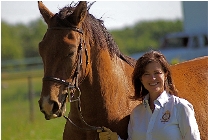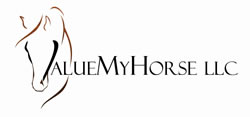On May 30, 2011, the Texas Board of Veterinary Medical Examiners became one step away from having the authority to regulate non-veterinarian equine dentists.
Both the Texas House of Representative and the Texas Senate signed House Bill 414, which affects the practice of equine dentistry in the state of Texas. Bill 414 will become law effective September 1, 2011 if approved by Governor Perry. The Bill will be codified in Section 801 of the Texas Occupations Code.
The law states that a person may not perform equine dentistry or offer or attempt to act as an equine dental provider unless the person is a veterinarian or a "licensed equine dental provider" who is active, in good standing and performing under the supervision of a veterinarian who is active and in good standing. Individuals will not be allowed to use the title "dentist" but may use the title "CEDP" upon being licensed. If they are licensed before September 2013, may use the title "EDP".
The new law will only allow the licensed equine dental provider to perform the following services and will be held to the same standard of care as a veterinarian under the new law:
- Removing sharp enamel points
- Removing small dental overgrowths
- Rostral profiling of the first cheek teeth
- Reducing incisors
- Extracting loose, deciduous teeth
- Removing supragingival calculus
- Extracting loose, mobile or diseased teeth or dental fragments with minimal periodontal attachments by hand and without the use of an elevator
- Removing erupted, non-displaced wolf teeth
HB 414 has no impact on other procedures that are performed by non-veterinarians, such as farrier services, chiropractic care, equine masseuse, acupuncture and reproduction-related practices. And, the new law will not change any of the current laws related to the use of prescription drugs.
Bridget Brandon is a Senior Certified Equine Appraiser with the American Society of Equine Appraisers and is USPAP Certified. Bridget has been a certified equine appraiser since 2001 and has worked on numerous equine related lawsuits as an appraiser, consultant and expert witness.
©Copyright - All Rights Reserved
DO NOT REPRODUCE WITHOUT WRITTEN PERMISSION BY AUTHOR.










